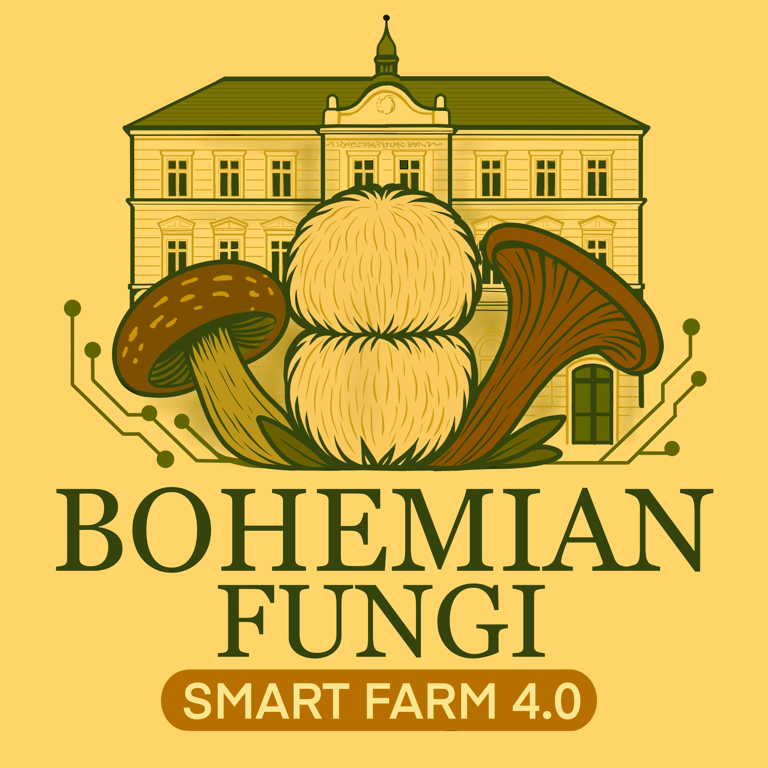Mushrooms as Carbon Sinks: Capturing CO₂ Through Mycelium
Explore how mushrooms and mycelium act as natural carbon sinks, helping fight climate change through sustainable farming in Prague.|Mushrooms as Carbon Sinks: Capturing CO₂ Through Mycelium
TECHNOLOGY AND SUSTAINABILITY
9/22/20251 min read
Mushrooms: More Than Just Food
Most people know mushrooms as a delicious, nutrient-rich ingredient. But beyond the plate, mushrooms and their underground networks (mycelium) play an extraordinary role in the environment: they act as natural carbon sinks.
At our Prague mushroom farm, we see firsthand how fungi not only nourish people but also contribute to carbon capture and climate resilience.
How Mycelium Captures Carbon
Soil Enrichment
Mycelium binds organic matter into the soil, locking away carbon that would otherwise return to the atmosphere.
Breaking Down Biomass
Mushrooms decompose agricultural byproducts (like straw, sawdust, and coffee grounds), transforming them into stable organic compounds.
Symbiosis With Plants
In forests, mycorrhizal fungi form partnerships with trees, helping them store more carbon in roots and soil.
Scientific Evidence
Recent studies show that fungi are critical in the global carbon cycle. Some species can store up to 70% of the carbon fixed by plants in soils, slowing the release of CO₂ and helping ecosystems act as long-term carbon sinks.
This means mushroom farming—when done sustainably—does more than feed people. It actively contributes to climate solutions.
Why Prague Is Well-Positioned
Prague has both a strong tradition of mushroom appreciation and a growing urban sustainability movement. By farming mushrooms locally:
Food miles (and CO₂ emissions) are reduced.
Waste materials (like coffee grounds) are repurposed into new food.
Carbon is stored in substrates and compost instead of being released.
The Bigger Picture: Mycelium Beyond Food
Mycelium isn’t just about farming. Innovators are using it for:
Biodegradable packaging (replacing plastics).
Building materials that lock carbon into walls and insulation.
Soil regeneration projects that fight desertification.
Final Thoughts
Mushrooms are more than a gourmet delicacy—they’re nature’s hidden climate allies. By choosing Prague-grown oyster, shiitake, and lion’s mane mushrooms, you’re supporting a food system that helps capture carbon and fight climate change.
Taste sustainability—shop fresh mushrooms from our farm in Prague here.
Read this article to learn about 'How Fungi stores a third of carbon from fossil fuel emissions'
